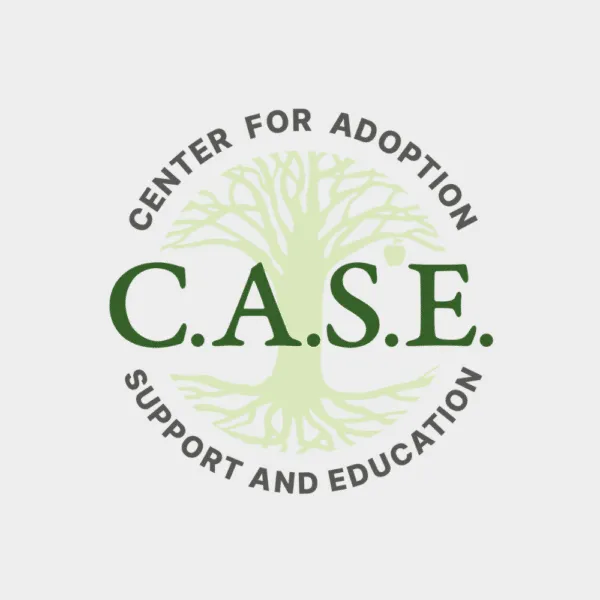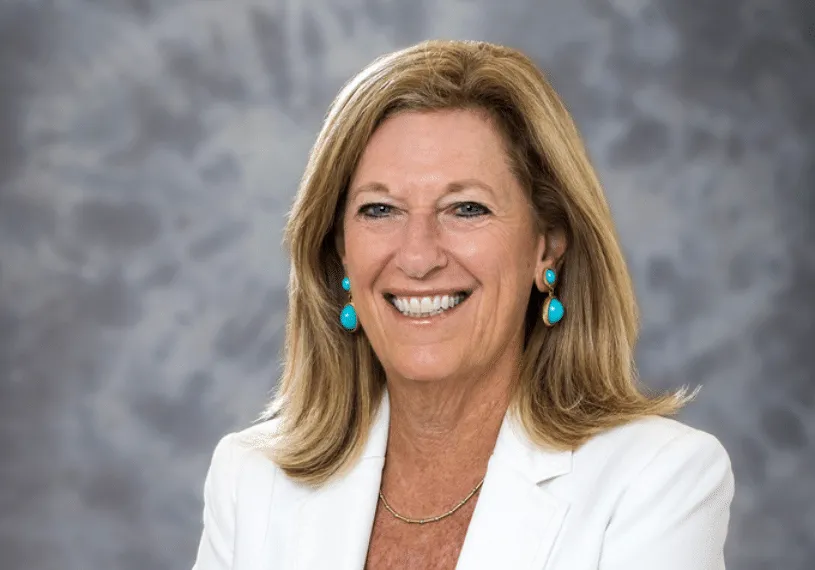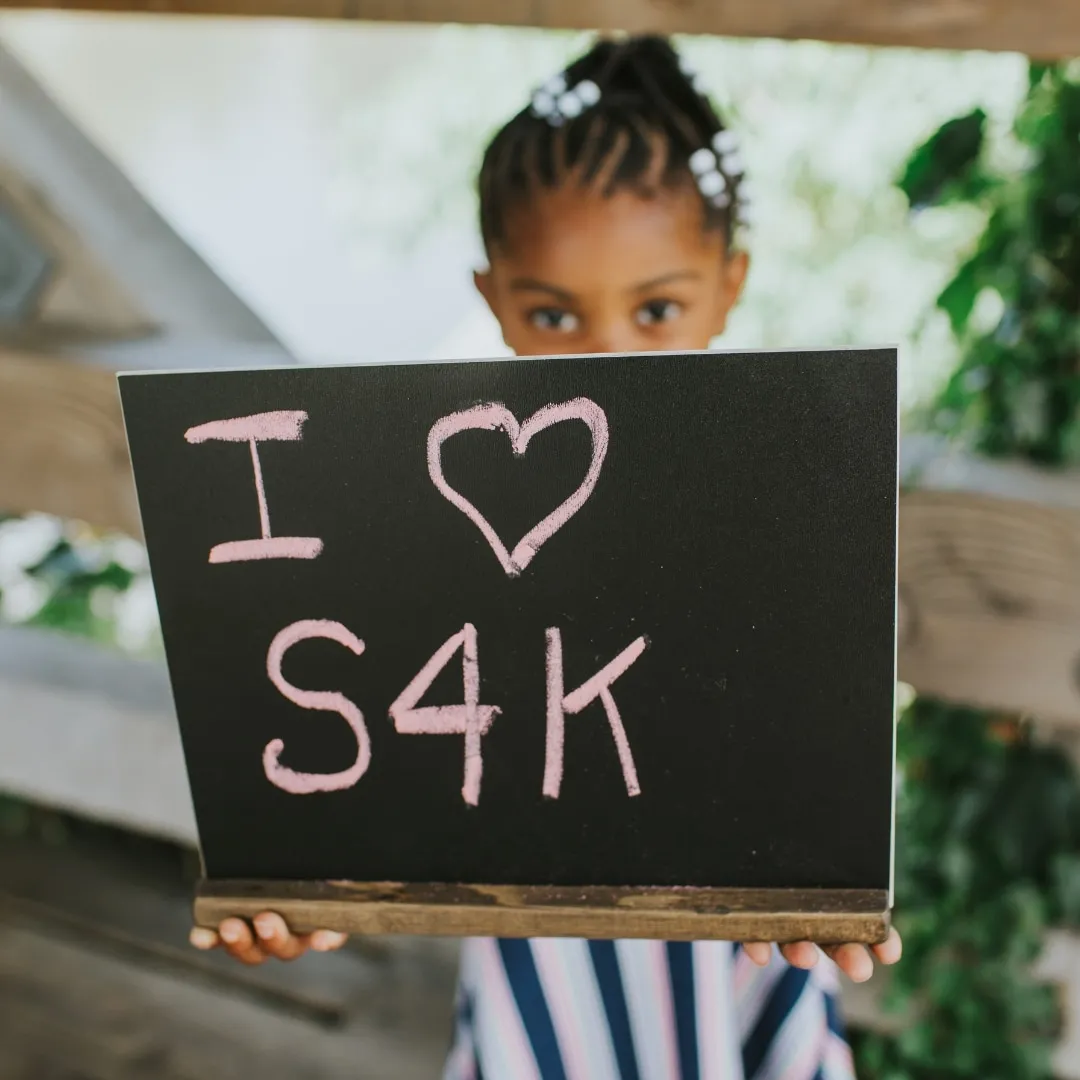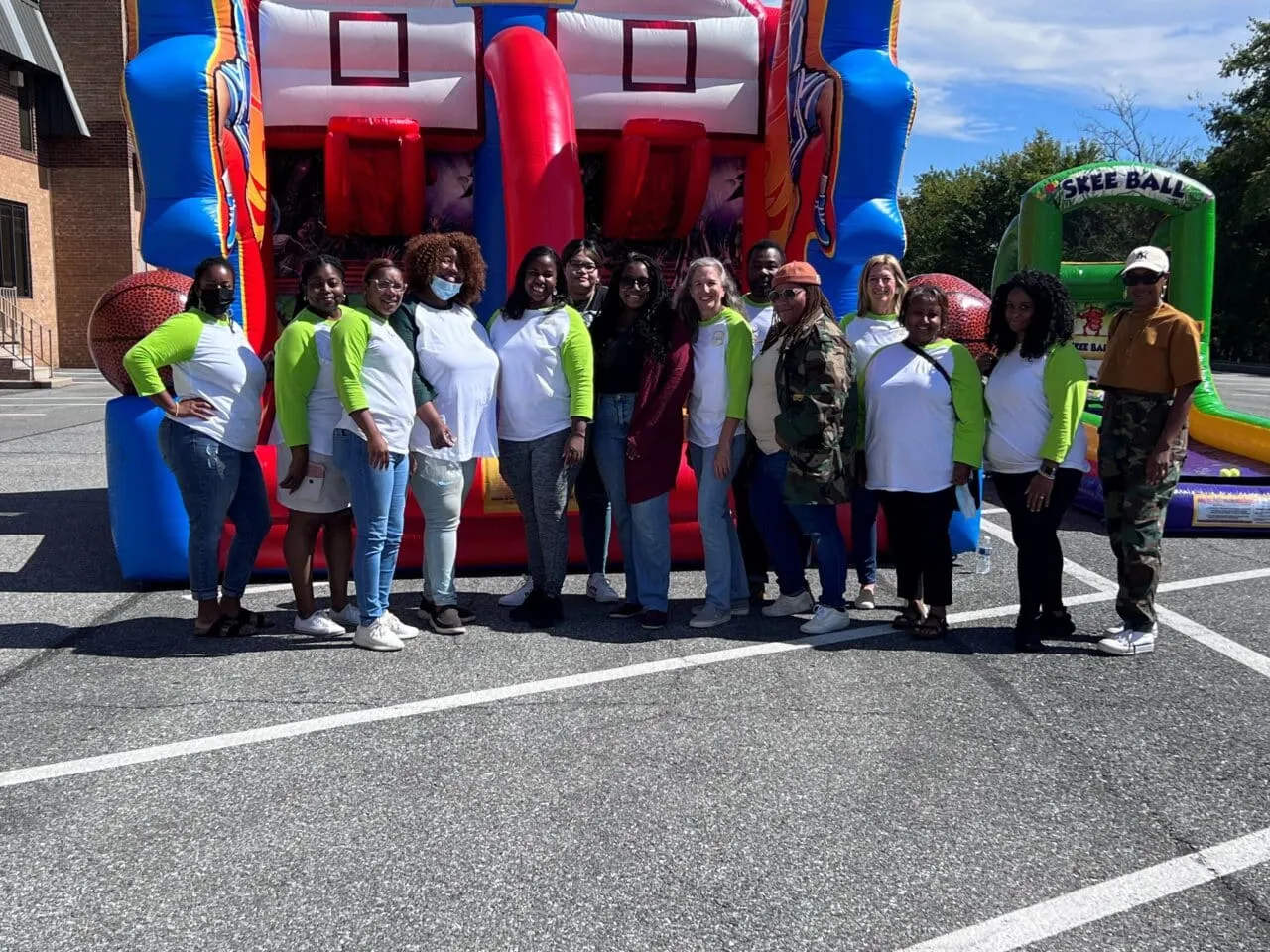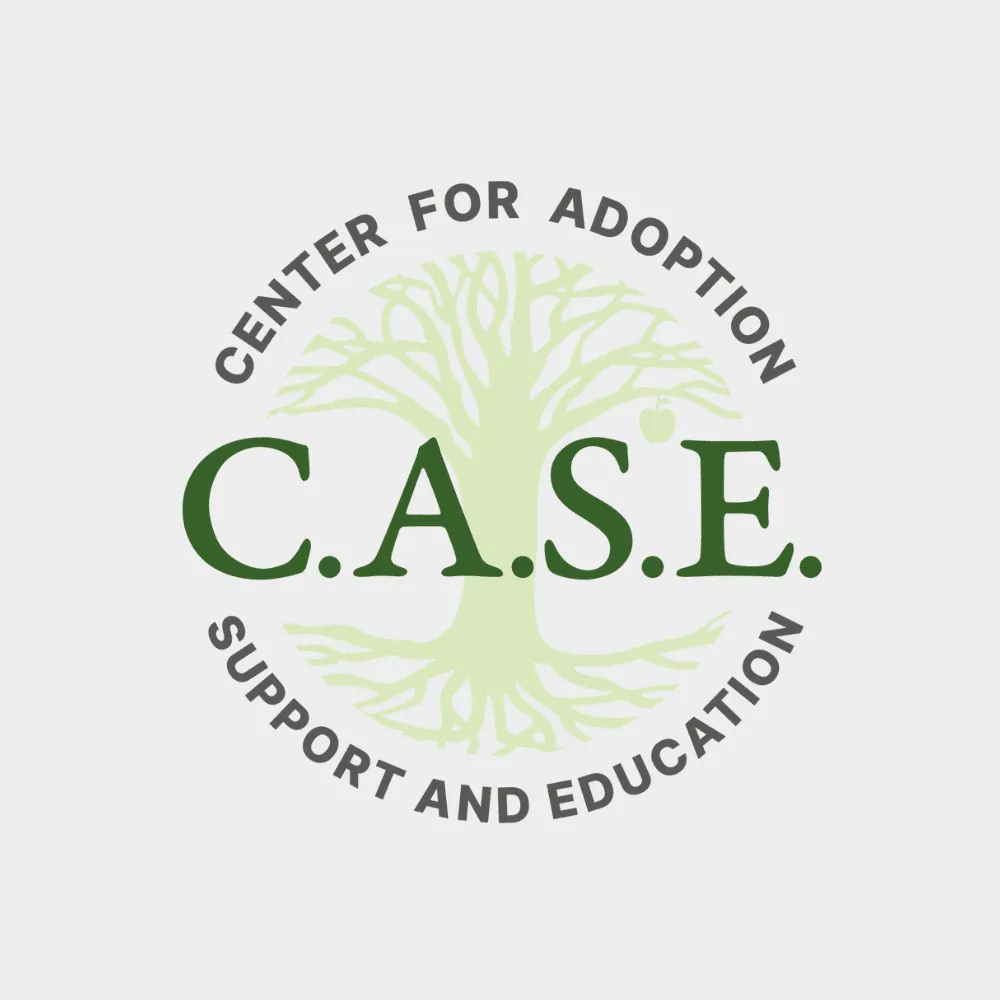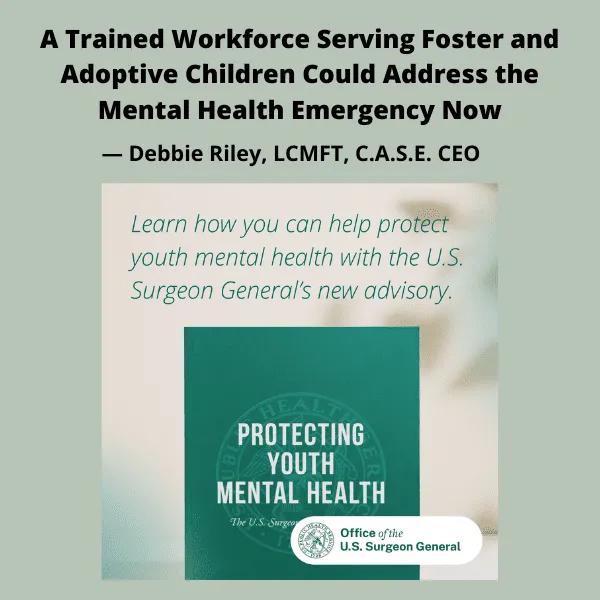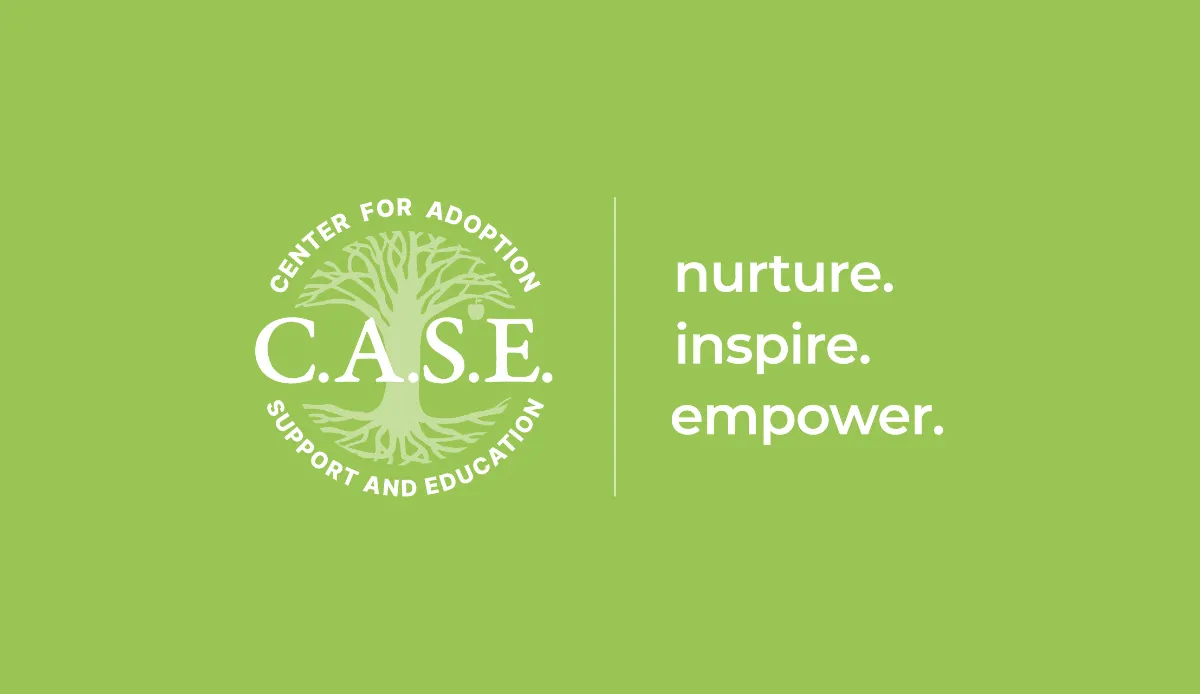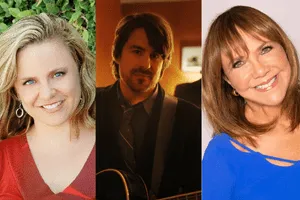Press Release-Center for Adoption Support and Education’s Training for Adoption Competency™ (TAC) program expands to support families in Oregon
Press Release-Center for Adoption Support and Education’s Training for Adoption Competency™ (TAC) program expands to support families in Oregon

BURTONSVILLE, MD – The Oregon Post Adoption Resource Center (ORPARC), a service of the Oregon Department of Human Services, has partnered with the Center for Adoption Support and Education (C.A.S.E™) to bring its nationally recognized Training for Adoption Competency (TAC™) program to Oregon. This partnership was made possible by generous funding from the Dave Thomas Foundation for Adoption (DTFA).
‘We are honored to work with C.A.S.E. and inspired by the program that Debbie Riley and her team have taken from an innovative concept to a nationally recognized, certified, and evidence-based program,‘ said Rita Soronen, President and CEO of the Dave Thomas Foundation for Adoption, ‘TAC is rapidly expanding across the United States, and it is our hope that every clinician working with children and families will soon have this training available to them.‘
The TAC program is an evidence-based, postgraduate training program for licensed clinicians who work with adoptive families in a broad range of settings. TAC is accredited by the Institute for Accrediting Excellence (ICE) and is the only accredited, assessment-based certificate program on adoption competency in the country. TAC is designed to increase access to adoption competent mental health for all members of the adoption kinship network and to improve the wellbeing of children and their foster, adoptive, or guardianship families.
‘Oregon’s children and families deserve highly trained therapists who understand the nuanced journey of adoption and foster care,’ said Kendra Morris-Jacobson, Director of Oregon Programs, Northwest Resource Associates. ‘Partnering with the Oregon Department of Human Services (ODHS) and C.A.S.E. to bring this training to Oregon opens up new doors and furthers Oregon Post Adoption Resource Center’s mission of educating foster and adoption competent professionals.‘
Kendra Morris-Jacobson was directly involved in recruiting the first cohort of 17 mental health professionals enrolled in TAC Training in Oregon, who are slated to complete the curriculum in June 2022. ‘We are really proud to have recruited a diverse, well-rounded cohort that represents adoptees, foster and adoptive parents, bilingual speakers, and BIPOC and LGBTQ+ therapists.’
Key members of the Oregon Department of Human Services leadership team are also excited about the possibilities this new partnership presents. ‘We are grateful for the collaboration with C.A.S.E. and excited about the impact this training will have with supporting adoptive families in Oregon’s Child Welfare system,’ said Aprille Flint-Gerner, Deputy Director, Workforce Development and Equity, Oregon DHS. Kim Keller, Child Permanency Manager at the Oregon DHS further stated, “We’re looking forward to Oregon’s TAC rollout. Building additional capacity for our state helps us strengthen adoption outcomes and uplift communities at the same time. We’re hopeful that the newly certified therapists will also inspire other therapists to seek out TAC.“
The American Academy of Pediatrics identified mental and behavioral health as the ‘greatest unmet need for children and teens in foster care.’ The Brookings Institute Center on Children and Families reported children in long-term foster care are over-represented among youth with serious disciplinary problems in schools, high school dropouts, unemployed and homeless, unmarried pregnant teenagers, substance abusers, and in the judicial system. Yet, children and youth in foster care – often with the most compromised and traumatic beginnings – get mental health services from the least qualified professionals due to lack of training. That’s why C.A.S.E. created Training for Adoption Competency.
‘In 2009 I became acutely aware of the lack of expertise that clinicians had in supporting the foster and adoption community,’ said Debbie Riley, LCMFT and CEO at C.A.S.E. ‘I was able to get the support of many national foundations to invest in the development of TAC. We brought together experts in the field of child welfare and adoption and those with lived experience to develop the TAC curriculum that is rich with some of the best thinking, some of the most innovative strategies and evidence-informed practices to better serve the adoption kinship network.’
TAC is currently available in 18 states through partnerships with 19 child welfare agencies, human service organizations and universities with the goal of making it available in all 50 states. Any organization interested in enhancing access to adoption competent mental health services in their state should contact Dawn Wilson, Director National Training Institute at wilson@adoptionsupport.org about becoming a TAC partner.
The Center for Adoption Support and Education is a nationally recognized leader in mental health services for the adoption and foster care community. The nonprofit organization’s mission is to improve the lives of children who have been adopted or in foster care and their families through counseling, lifelong education, and a growing national network of trained professionals. C.A.S.E. has trained over 20,000 mental health and child welfare professionals in 32 states. With offices in the Baltimore-Washington metro area, C.A.S.E. has provided clinical services for more than 6,800 clients and their families since its founding in 1998.
